European Leaders Demand Role in Ukraine Peace Talks After Trump-Putin Call
European nations, including Britain, France, and Germany, have asserted their necessity in any future negotiations regarding Ukraine’s fate, emphasizing that a fair agreement with robust security guarantees is the only path to lasting peace.
“Our shared objective must be to put Ukraine in a position of strength. Ukraine and Europe must be integral to any negotiations,” declared seven European nations and the European Commission in a joint statement following a foreign ministers’ meeting in Paris. “Ukraine should receive strong security guarantees. A just and lasting peace in Ukraine is essential for transatlantic security.” The statement also expressed their eagerness to discuss the future course of action with the United States.
The meeting occurred shortly after U.S. President Donald Trump announced he had spoken with Russian President Vladimir Putin, with both leaders reportedly ready to begin immediate peace negotiations.
These rapid developments have unsettled Europe, as Trump and Putin appear to be negotiating the continent’s security without the involvement of European leaders. U.S. Defense Secretary Pete Hegseth is set to meet NATO ministers in Brussels on Thursday following discussions with a Ukraine contact group of defense ministers on Wednesday.
European Leaders Insist on Inclusion in Talks
French Foreign Minister Jean-Noel Barrot stressed at the Paris meeting that “there will be no just and lasting peace in Ukraine without the participation of Europeans.” His counterparts, Germany’s Annalena Baerbock and Spain’s Jose Manuel Albares Bueno, echoed his concerns, stating that no decision on Ukraine should be made without Ukrainian involvement.
Albares Bueno added: “We want peace for Ukraine, but an unjust war must end with a just peace.”
Poland’s Foreign Minister Radoslaw Sikorski reaffirmed the importance of close U.S.-European cooperation, stating, “There is no better guarantee for the security of our continent than strong transatlantic ties.”
However, when asked if any European countries were currently involved in peace talks, White House Press Secretary Karoline Leavitt responded, “I don’t have any European nations to read out for you at this time.”
Concerns Over U.S. Stance on Ukraine’s Future
The Paris meeting, originally planned weeks ago to discuss European defense strategy and the strengthening of Ukraine, was overshadowed by recent U.S. developments. Notably, Defense Secretary Hegseth made some of the Trump administration’s bluntest remarks regarding the nearly three-year Ukraine-Russia war during a meeting with Ukraine’s international backers in Brussels.
Hegseth stated that returning to Ukraine’s pre-2014 borders was unrealistic and dismissed the prospect of NATO membership for Kyiv. “Pursuing this unattainable goal will only prolong the war and cause further suffering,” he said.
Following these remarks, Trump and Putin held a call in which Trump confirmed their teams would immediately begin negotiations. European diplomats, caught off guard by both the call and Hegseth’s position, expressed concerns about being sidelined in the peace process.
European Response and Military Commitments
Hegseth further suggested that European and non-European troops—not American forces—would be responsible for ensuring Ukraine’s security post-war. He clarified that any British or European troops deployed in Ukraine would not be part of a NATO mission nor protected under the alliance’s Article 5 guarantee, meaning they would have to rely solely on the commitments of the nations involved.
UK Defense Secretary John Healey acknowledged Hegseth’s call for greater European involvement, stating, “We hear the message, and we will step up.” After a bilateral meeting with Hegseth, Healey announced that Britain would allocate £4.5 billion in military aid to Ukraine this year.
Ukrainian President Volodymyr Zelenskyy, speaking to The Guardian earlier this week, underscored the necessity of U.S. involvement in security guarantees, warning that European commitments alone would be insufficient.
“A multinational deterrence force in Ukraine post-ceasefire would need between 100,000 and 150,000 troops, far smaller than the 600,000-plus Russian forces currently in occupied Ukraine,” Zelenskyy estimated.
A senior European diplomat admitted, “Europe cannot field such a force at this moment. But we cannot force the U.S. to commit troops, so we must figure out what we can do.”
Another diplomat described the U.S. position as a premature surrender, questioning what would remain to negotiate. “Offering concessions this early will only embolden Russia to demand more,” they warned.
As Europe grapples with these developments, leaders are seeking unity in their response and pressing for a seat at the negotiating table to ensure that any resolution to the war in Ukraine is both just and sustainable.

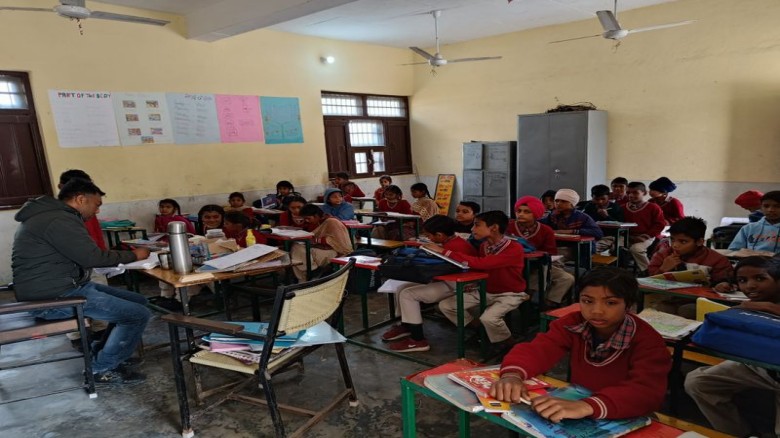
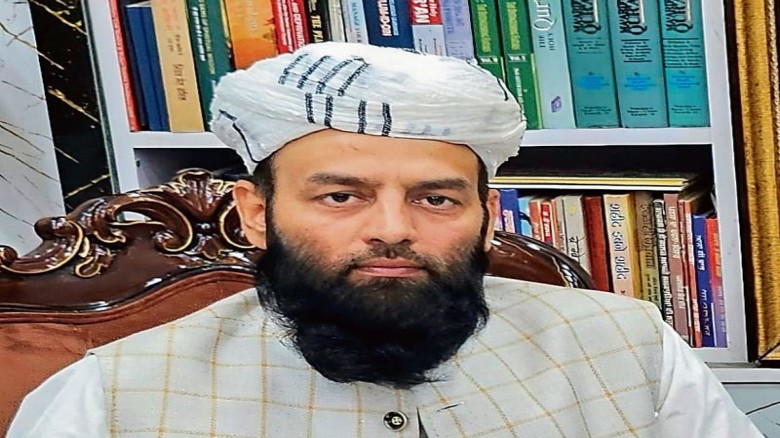
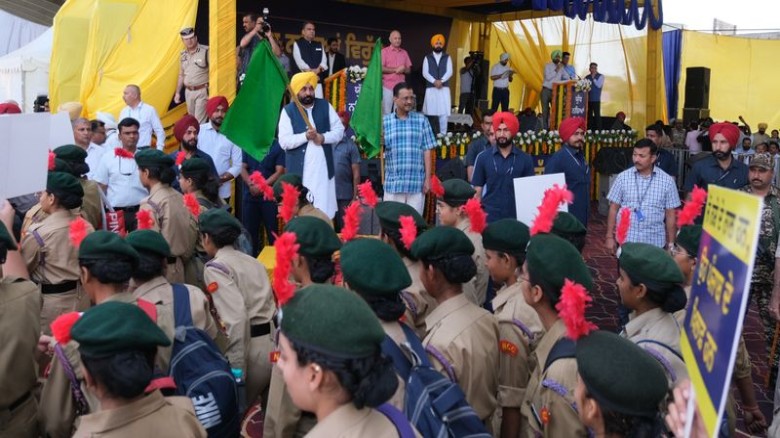
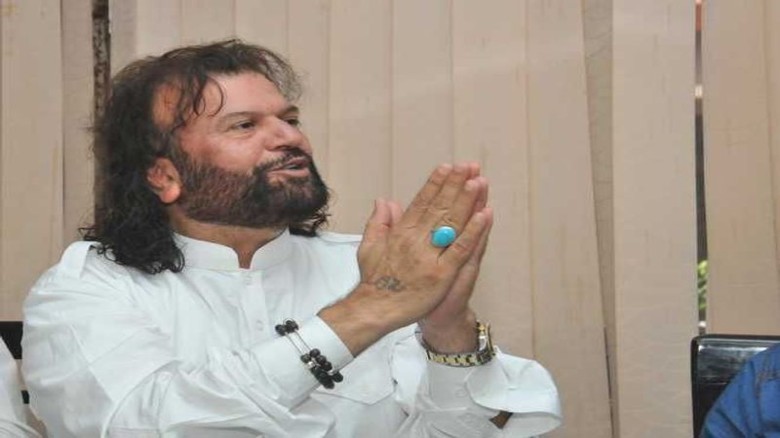
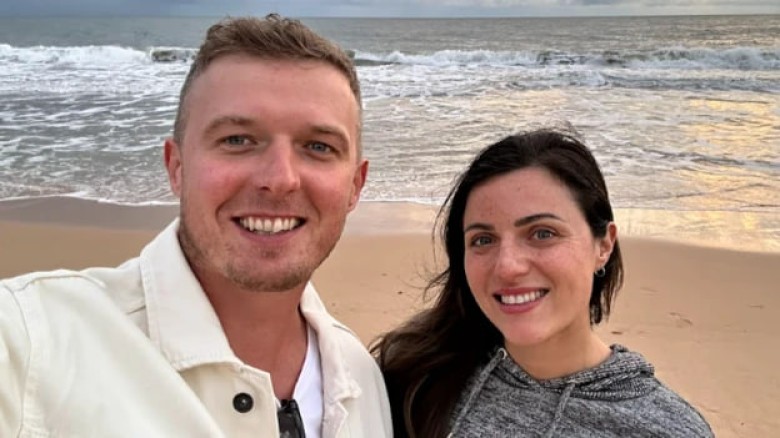
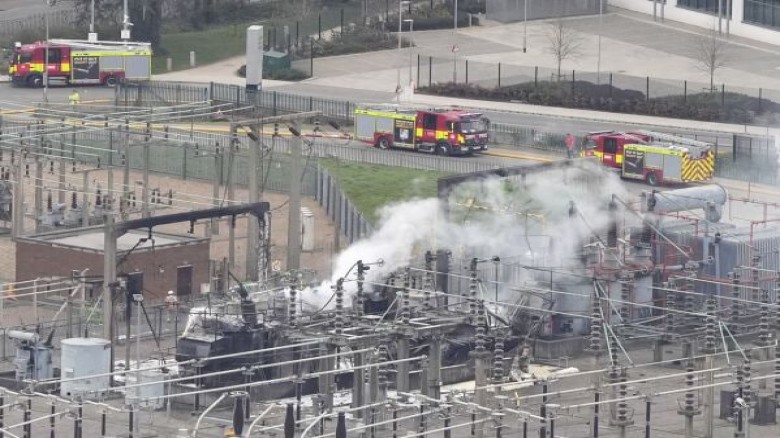
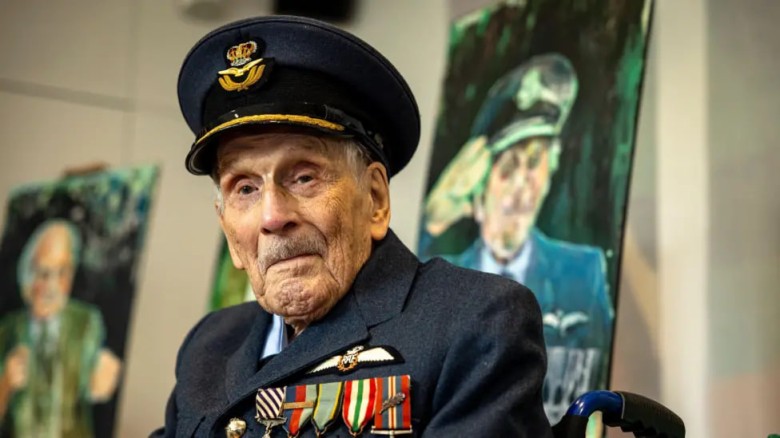
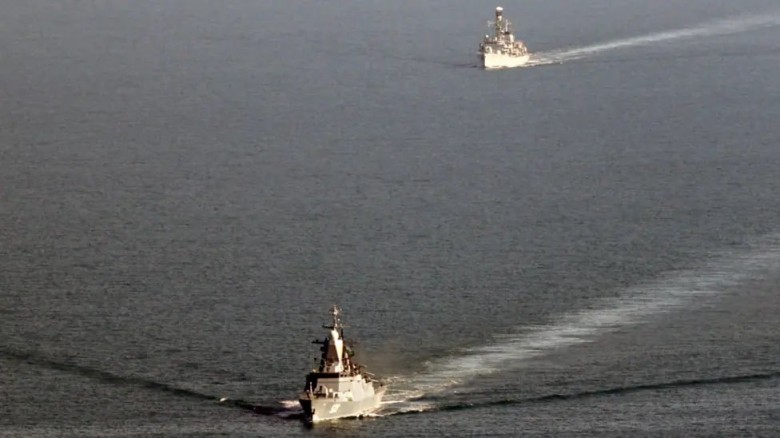
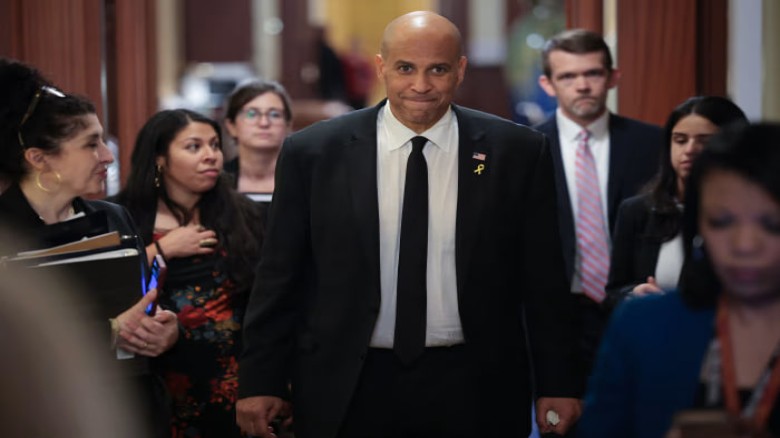
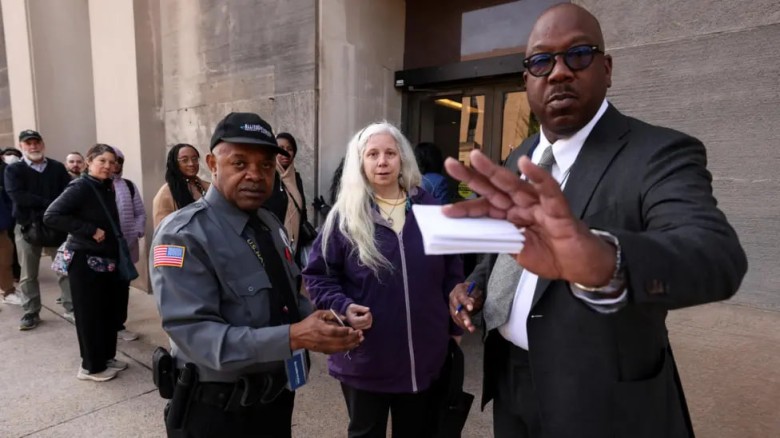
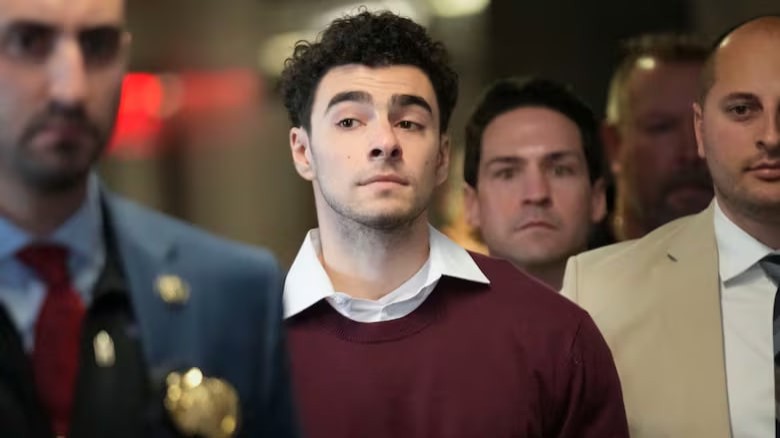
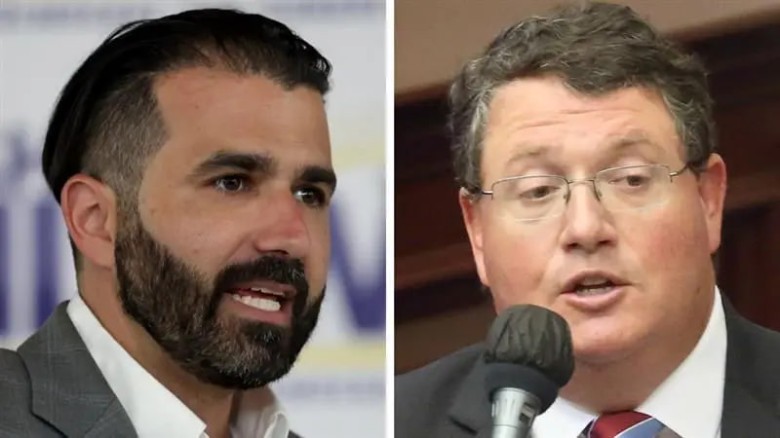

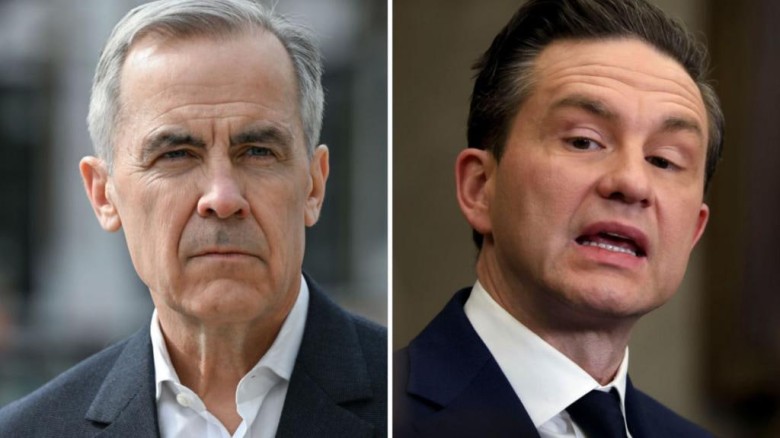
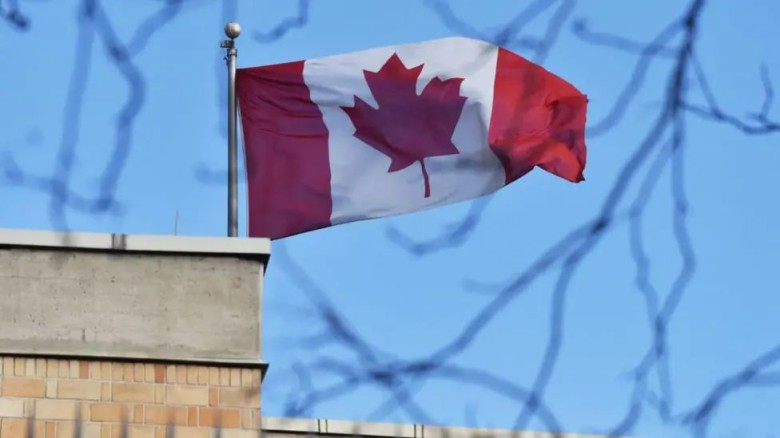
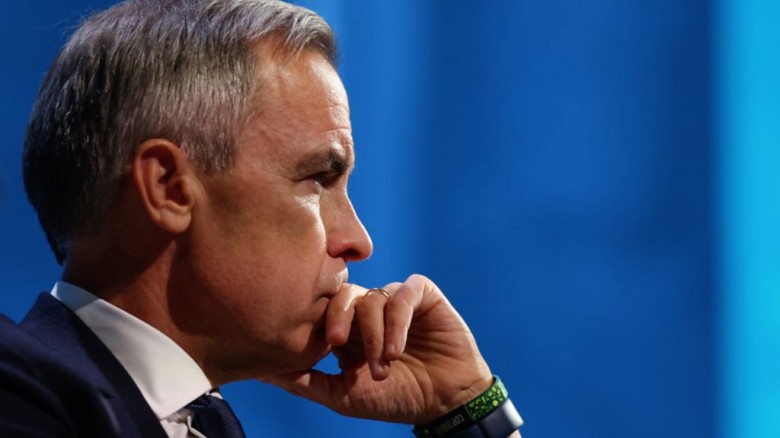

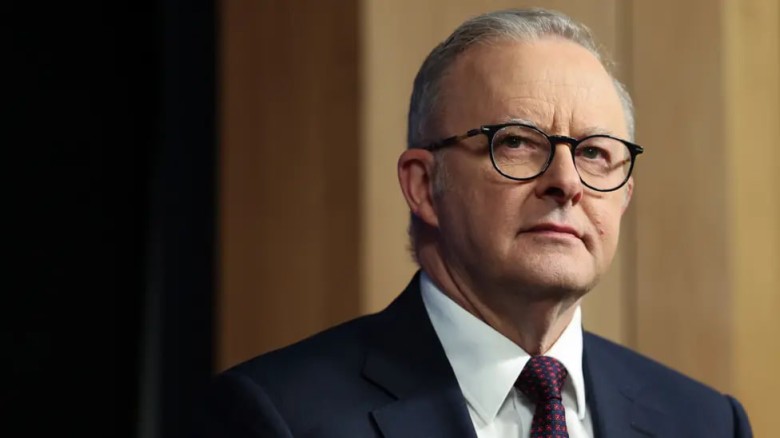
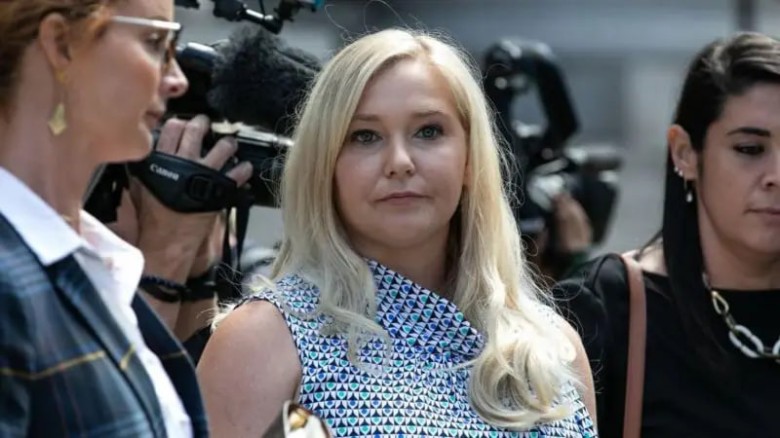

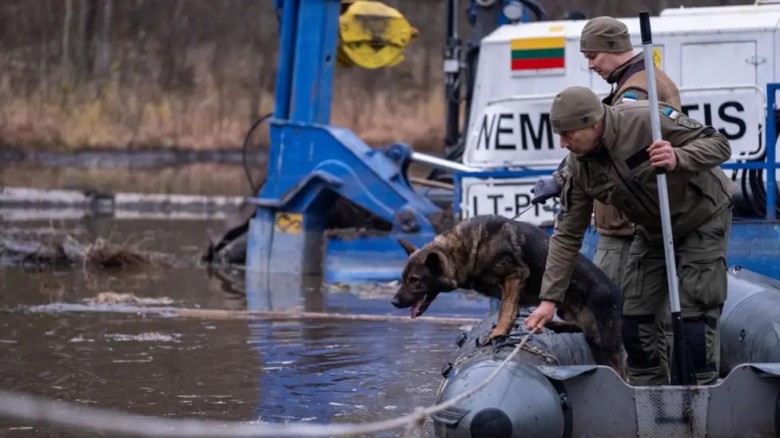
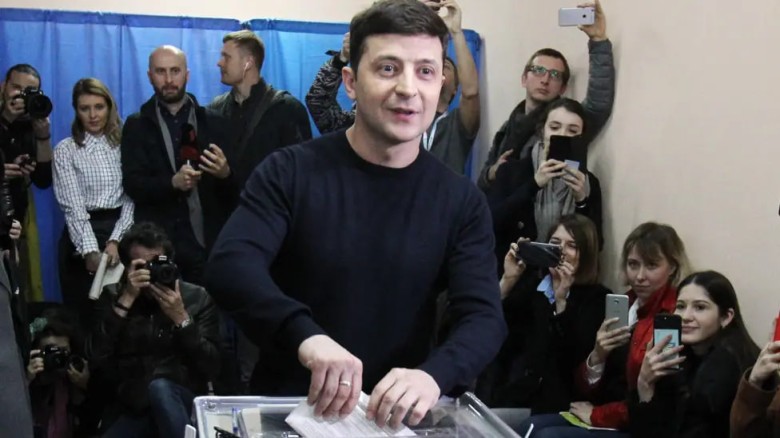
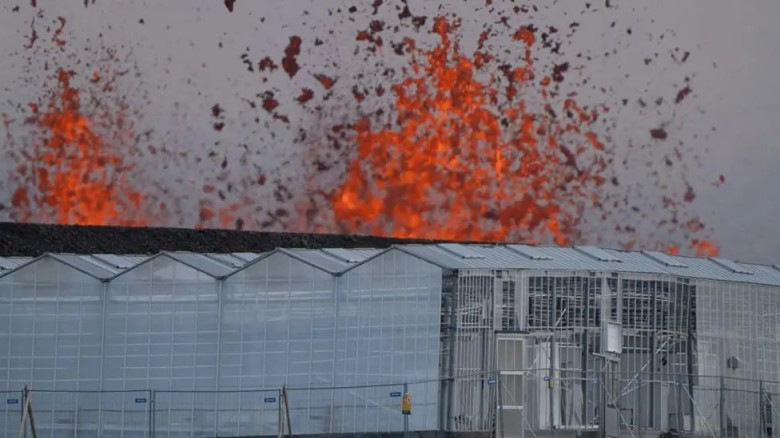
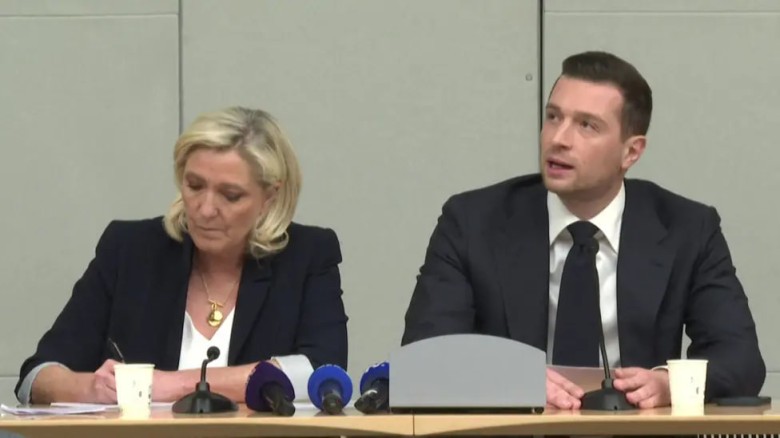
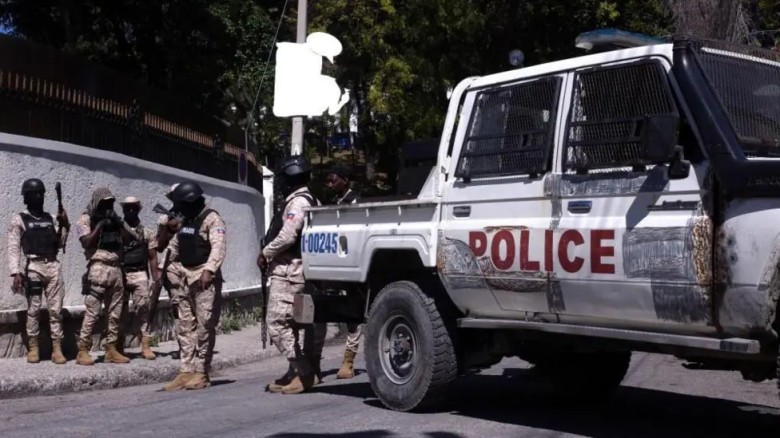
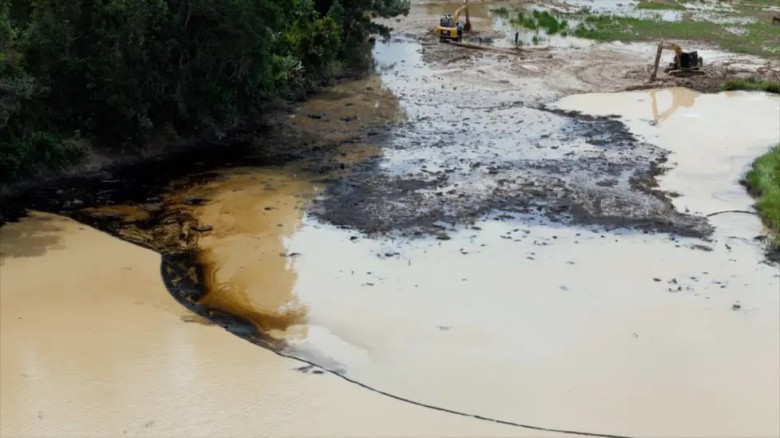
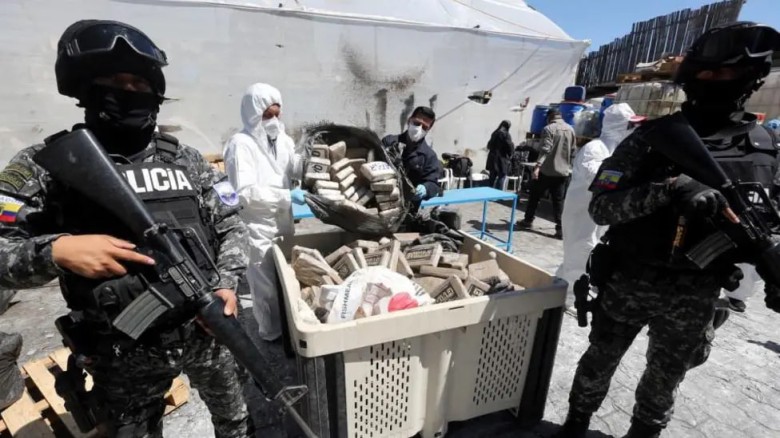
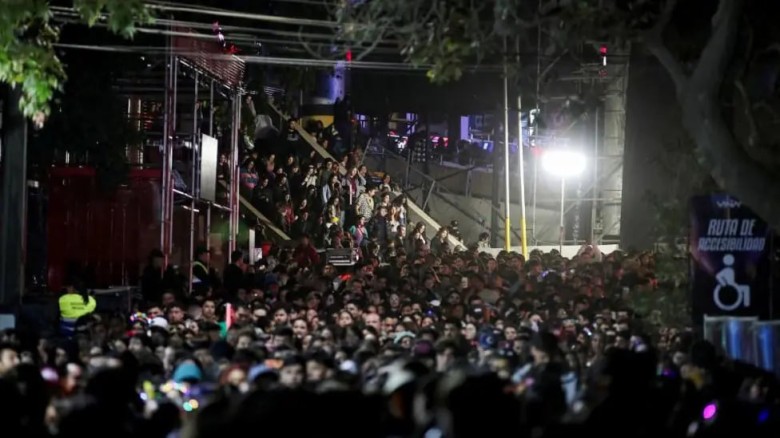





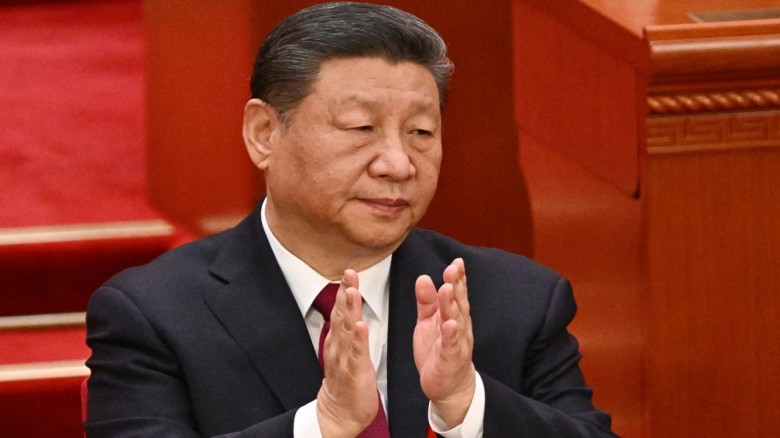
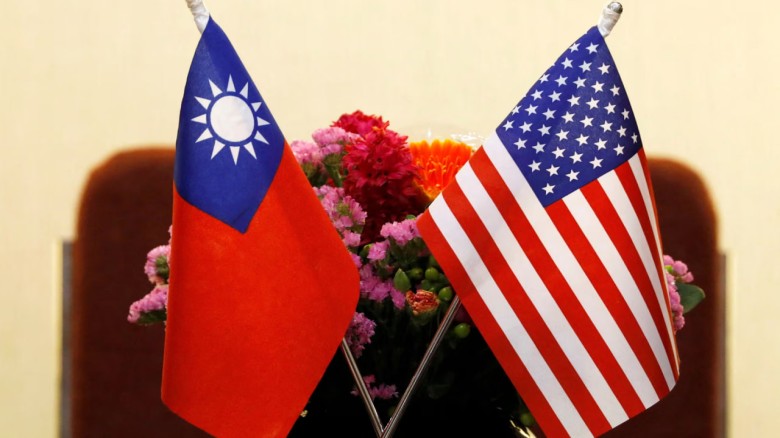


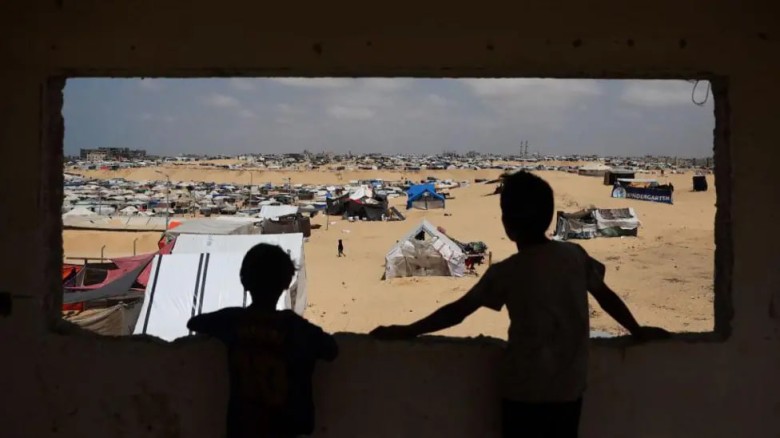
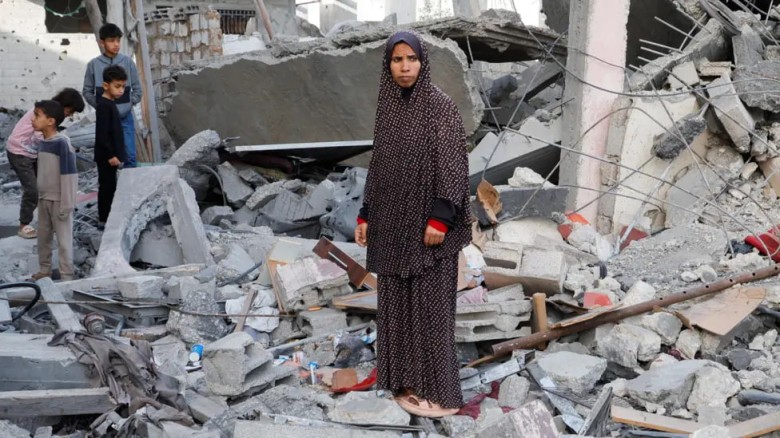
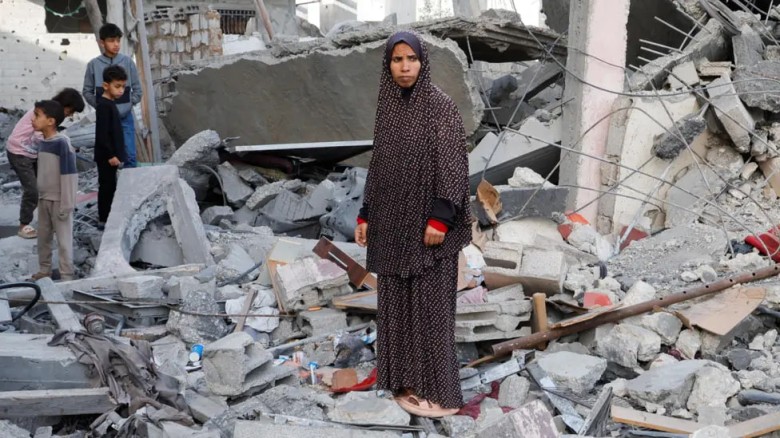

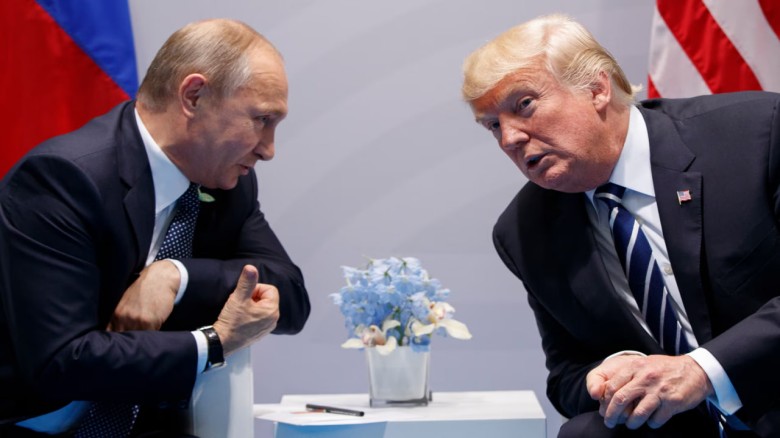
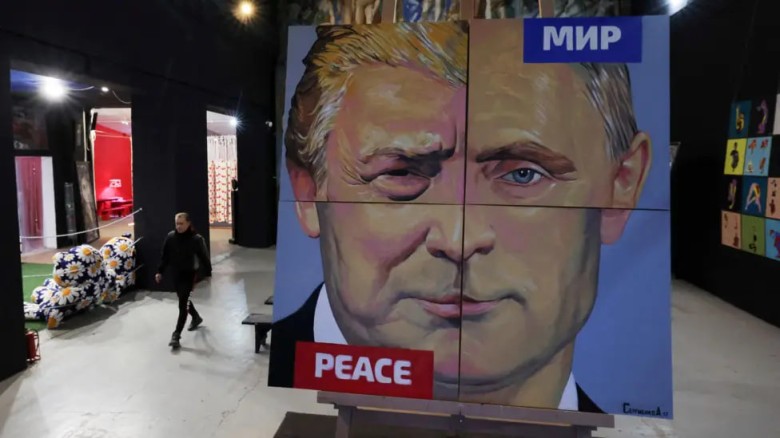
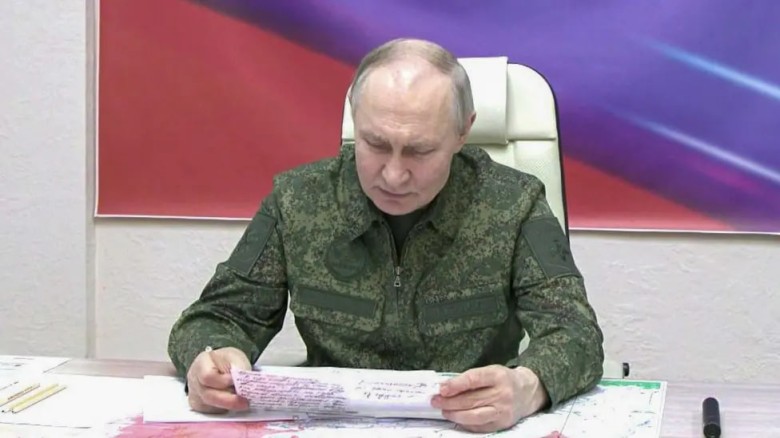



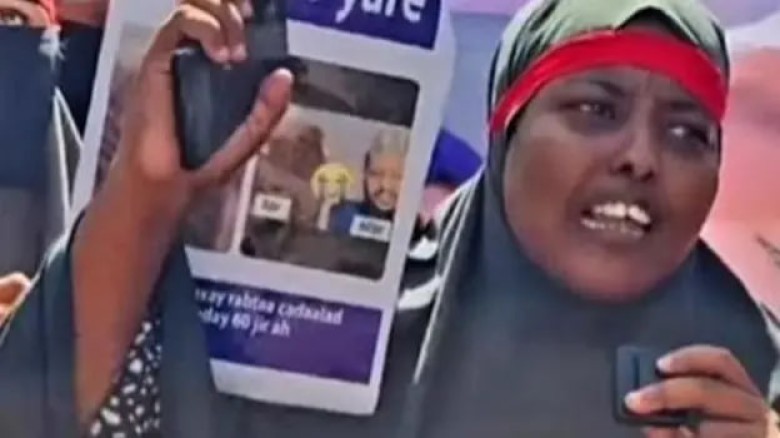
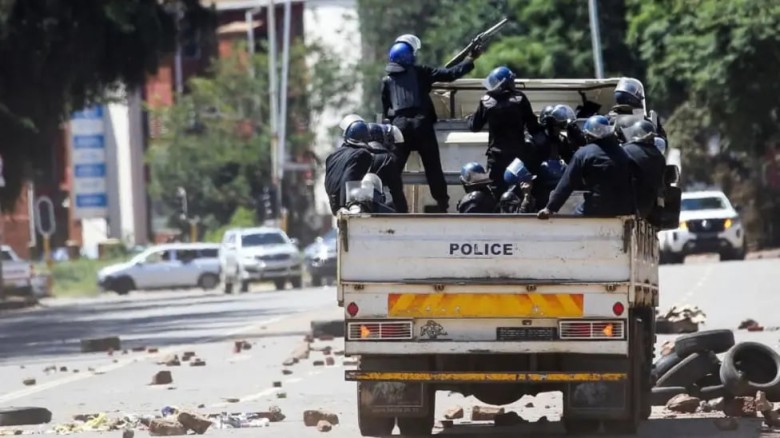
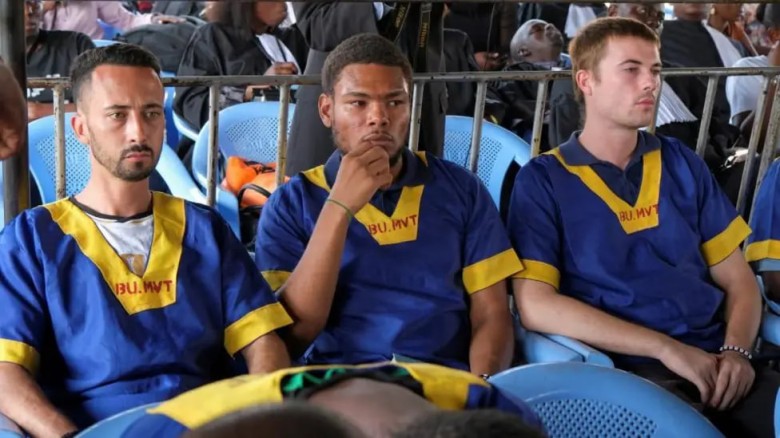
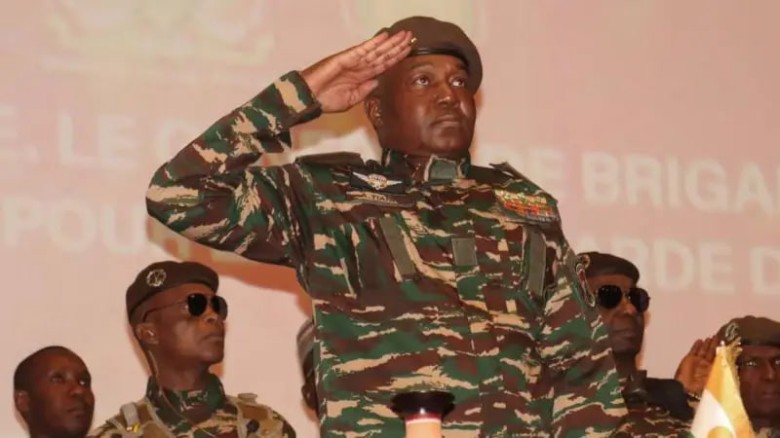











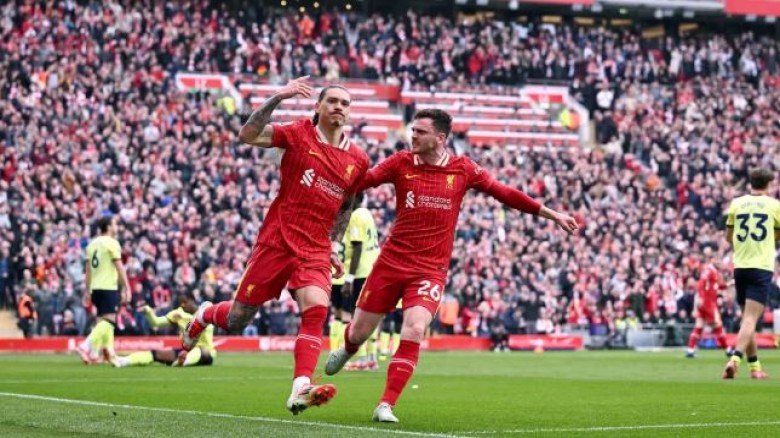

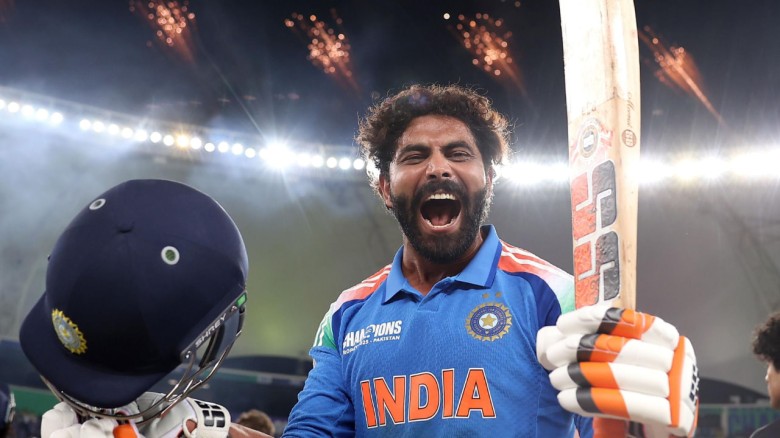
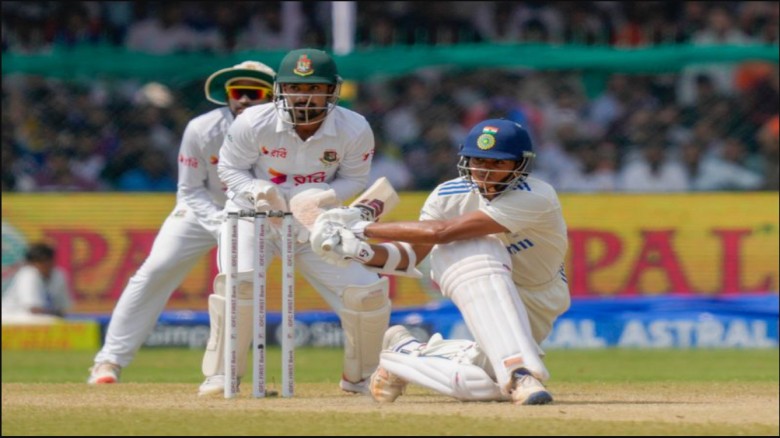
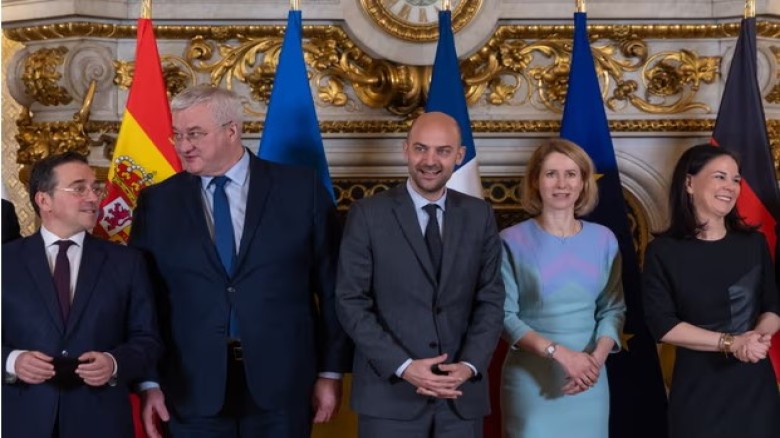


Leave A Comment